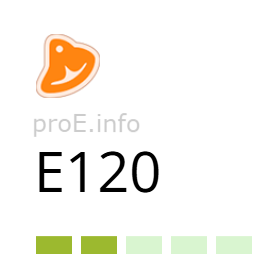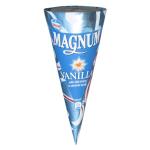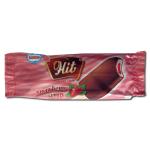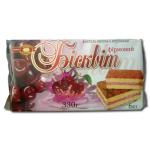
Other names for the additive (synonyms)
General Information
Carmine (food additive E120) is a reddish-purple coloring substance. The exact shade of color produced by additive E120 depends on the acidity of the environment: in an acidic medium (pH=3), carmine appears orange; in a neutral environment (pH=5.5), it becomes red; and at pH=7, additive E120 turns purple.
Carminic acid, from which additive E120 is made, is obtained in a rather unique and fascinating way – from insects. More precisely, from the bodies of female insects that live on the surfaces of plants in Peru and other countries in South and Central America, as well as in the Canary Islands. For example, the insect Dactylopius coccus, commonly known as cochineal scale, is widely used to produce carmine. These insects, about half a centimeter long, are parasites on certain species of cacti. Some species capable of producing carmine also inhabit Europe, Africa, and Australia.
Carminic acid is the body pigment of female scale insects or their eggs. To produce additive E120, the females are collected before laying eggs, as this is when their pigmentation is most intense. The insect shells are cleaned of internal tissues, dried, and treated with ammonia or sodium carbonate solution.
Pure carminic acid can be synthesized. The first successful synthesis was achieved in 1991. Its chemical formula is C22H20O13. However, industrial production still relies on traditional extraction methods, as synthetic production of carmine is costly and complex.
Additive E120 is more expensive than many other colorants because producing just one kilogram of carmine requires a large number of insects and a labor-intensive process.
Indigenous peoples of Latin America traditionally used carmine to dye fabrics, and in Armenia, in addition to textiles and yarn, it was also used in ancient times to paint miniatures on parchment. Mass production of additive E120, however, began only in the 1990s, when entrepreneurs realized its potential as a food colorant.
Among all dyes in its group, additive E120 is the most stable. Carmine is highly resistant to light, heat, and oxidation.
Effects on the Body
Risks of additive E120
Carmine is considered a safe additive and is approved for use in most countries, as no widespread adverse effects have been identified at concentrations used in the food industry.
However, a small percentage of people have an allergy to additive E120 and similar substances. In these individuals, carmine in food may trigger anaphylactic shock. In rare cases, E120 may also cause allergic reactions through skin contact.
A noteworthy issue is that a significant number of workers involved in the production or use of carmine develop occupational asthma. Therefore, protective measures (such as respirators and gloves) are essential when handling additive E120.
The food additives panel of EFSA re-evaluated additive E120 in 2015 and maintained the acceptable daily intake level at 5 mg/kg of body weight per day. When calculated based on pure carminic acid, the limit is 2.5 mg/kg of body weight per day.
Benefits of additive E120
Although additive E120 is of natural origin, there is currently no scientific evidence of any health benefits associated with carmine.
Uses
Additive E120 is mainly used in the fish and meat processing industry, as well as in dairy and confectionery products, and in the production of alcoholic and non-alcoholic beverages. Additive E120 is also used in sausages, sauces, ketchups, glazes, juices, and jellies.
Other uses of carmine include:
- in microscopy, for staining histological samples;
- in cosmetics;
- in the production of fine art paints.
Legal Status
In January 2009, the U.S. Food and Drug Administration (FDA) introduced a new regulation requiring manufacturers to list carmine and cochineal on product labels.
This rule was introduced in response to reports of allergic reactions, including anaphylaxis, caused by this colorant in sensitive consumers. The regulation came into effect on January 5, 2011.
Additive E120 is approved for use in the food industry in Ukraine, the European Union, and the United States.



